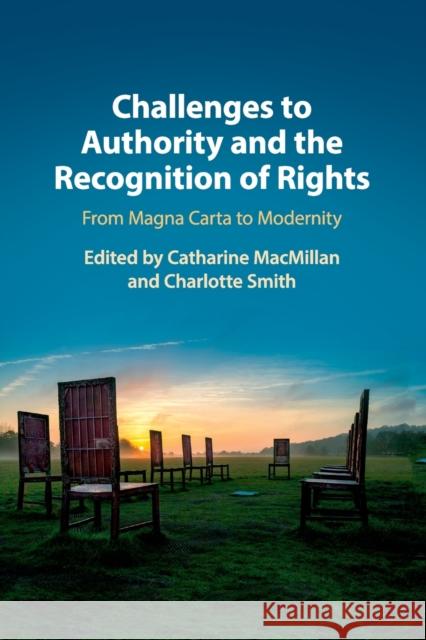Challenges to Authority and the Recognition of Rights: From Magna Carta to Modernity » książka
topmenu
Challenges to Authority and the Recognition of Rights: From Magna Carta to Modernity
ISBN-13: 9781108453363 / Angielski / Miękka / 2020 / 361 str.
Challenges to Authority and the Recognition of Rights: From Magna Carta to Modernity
ISBN-13: 9781108453363 / Angielski / Miękka / 2020 / 361 str.
cena 182,62
(netto: 173,92 VAT: 5%)
Najniższa cena z 30 dni: 120,84
(netto: 173,92 VAT: 5%)
Najniższa cena z 30 dni: 120,84
Termin realizacji zamówienia:
ok. 22 dni roboczych.
ok. 22 dni roboczych.
Darmowa dostawa!
A unique volume demonstrating how law changes by reason of challenges to authority which seek the recognition of rights.











